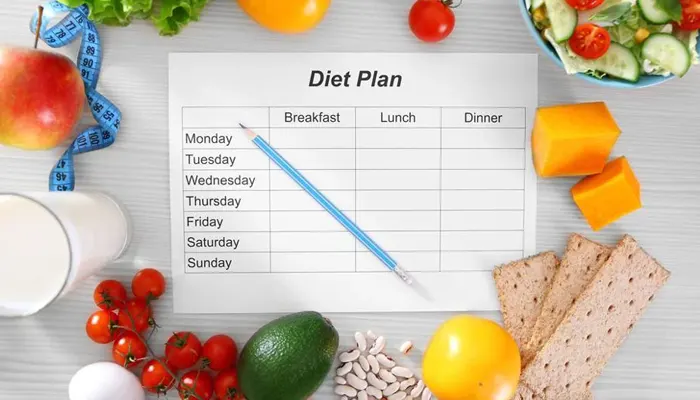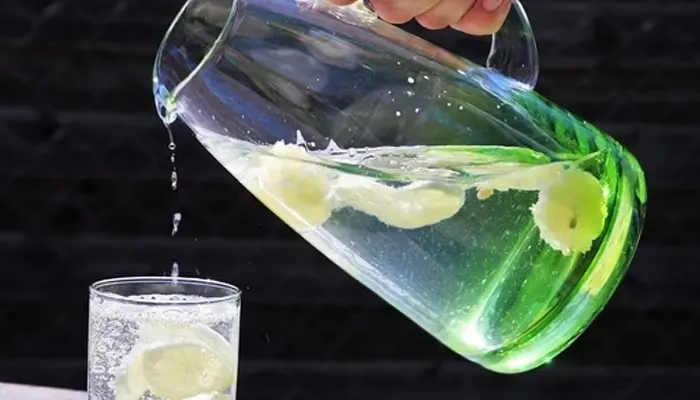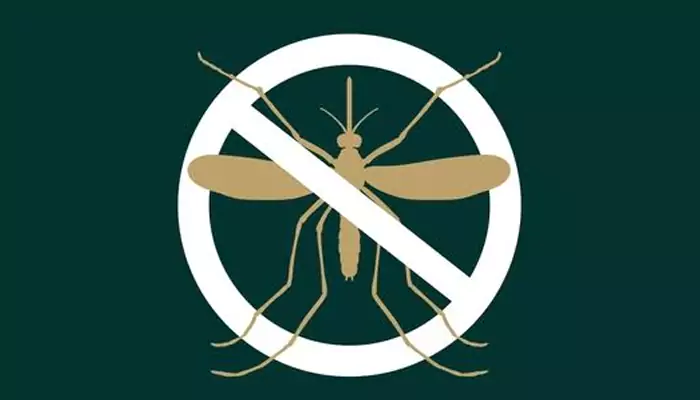Indulging in too much sugar? Simple ways to cut it off from your diet
- Admin
- 1 year ago
- 4 minutes read

A heart-healthy lifestyle includes monitoring your sugar intake as it might result in diabetes mostly.
Studies have indicated that added sugar-found in sodas, candies, and other processed foods - contributes to tooth decay, heart disease, cancer, obesity and type 2 diabetes. It may surprise you to learn that a lot of beverages, sauces and breakfast items are high in sugar. Lowering your intake of added sugar can be achieved in part by carefully reading product labels. Limiting added sugar intake can also achieved by selecting whole foods and high-fat items over processed and low-fat alternatives.
Avoid sugary desserts
Deserts typically don't have a lot of nutritional value. They have a lot of sugar, which raises blood sugar levels and can make you feel hungry, and drained and want more sugar. Try these substitutes if you want something with less added sugar that will yet satiate your sweet tooth. Fresh fruits, cinnamon-infused Greek yoghurt, or fruit baked in cream-coloured dark chocolate. A benefit from consuming entire fruit? You can cut down on sugar while simultaneously increasing your consumption of fibre, vitamins, minerals and antioxidants by substituting baked or fresh fruit for treats high in sugar.
Eat whole foods
No processing or refining has been done to whole foods. Additionally, they don’t include any artificial ingredients or additions. Whole fruits, whole grains, legumes, veggies and bone-in meat are some examples of these foods. Extremely processed foods are at the other extreme of the range. It is difficult to restrict your intake of these prepared foods because they are made with mixtures of salt, fat, sugar and additives that are meant to taste great.

Avoid sauces that include added sugar
Barbecue sauce, Ketchup, spaghetti sauce, and sweet chilli sauce are all staples in most kitchens. Most people are unaware of their sugar levels. Look for condiments and sauces labelled “no added sugar” to reduce the hidden sugars in these goods. Other low-sugar flavouring alternatives include herbs and spices, chilli, vinegar, mustard, mayonnaise, pesto and lime juice.
Reduce your consumption of sugary drinks
The majority of added sugars come from sugary beverages such as sodas, energy drinks, sports drinks, sweetened teas and others. Drinks that many people consider healthy, such as smoothies and fruit juices, can contain shocking quantities of added sugar. Your body does not recognise calories from beverages in the same way that it does from foods. Drink calories are quickly absorbed, causing your blood sugar level to rise dramatically.
Look for sugar in canned foods
Canned foods can be a convenient and economical addition to your diet, but they can also be high in added sugar. Vegetables and fruits contain naturally occurring sugars. They are rarely a concern because they do not affect your blood sugar in the same way that additional sugar does. Avoid canned items containing syrup or sugar on the ingredient list. Fruit is already sweet enough, so choose variants labelled “packed in water” or “no added sugar.”
Limit the consumption of sugary breakfast items
Some breakfast cereals may have additional sugar. One study discovered that some of the most popular ones included more than half their weight in added sugar. Popular breakfast items, like pancakes, waffles, muffins and jams are also high in sugar. Granola, which is typically touted as a nutritious food, contains more sugar than any other form of cereal, on average.

Eat more protein
Protein has also been found to directly lessen eating cravings. To satisfy sugar cravings, consume protein-rich whole foods like meat, full-fat dairy, eggs, fish, avocados and almonds.
It can be difficult to eliminate additional sugars from your diet. To cut down on the challenges, follow these simple ways to stop eating sugar for life.












